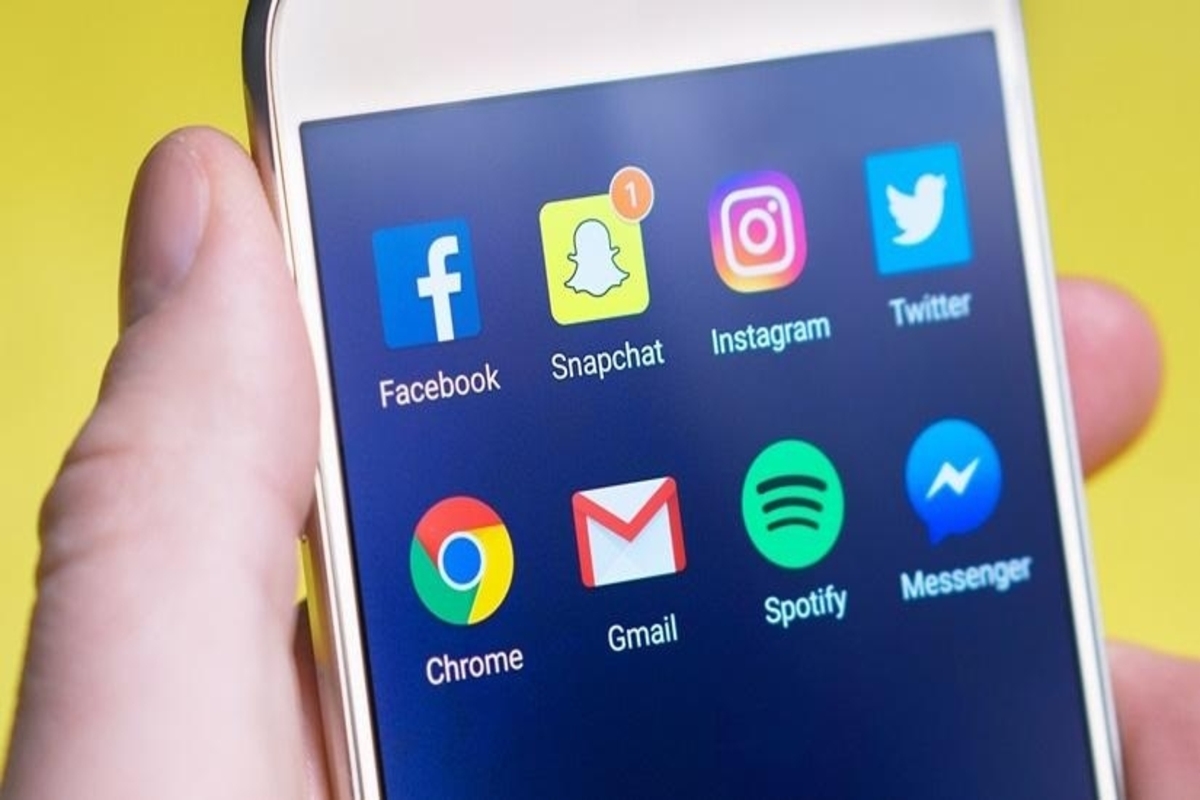Abhishek congratulates bypoll winners
After the clean sweep of Trinamul Congress in the bypolls in Bengal, an elated Abhishek Banerjee, who is also the party’s national general secretary took to social media and wrote on X-handle about the victory.
Journalism appears to be hostage to algorithms, artificial intelligence and machine learning. This trifurcation is not empowering citizens, as is commonly believed, because, at the heart of it, it is against facts — it sells a version of facts to its intended audience.

(photo:IANSLIFE)
When I started teaching journalism in 2017, I taught about filter bubbles, a term coined by Eli Pariser in 2011 about algorithms showing us content we like (short version). Then, Pariser expressed fears about how such bubbles were causing polarisation that would impact elections and ultimately democracy. In class, we discussed our role as journalists and how to ensure fairness in reporting so audiences got a variety of views they weren’t getting on their feeds.
With that in mind, how do you think journalists fared in the reporting of Imran Khan’s removal from power last month? Did audiences receive fair, balanced, verified information or was it talking heads screaming at the top of their lungs their version of the truth?
Watching various channels play out events from that long night, I was reminded of a now oft-used quote by former senator Daniel P. Moynihan in his column in The Washington Post in 1983: “You are entitled to your opinion. But you are not entitled to your own facts.”
Advertisement
We can see this in Pakistan right now: different parties are operating in what seems like different realities, with different sets of facts or different reactions to those facts. Social media has made a bad situation worse.
I wonder if journalism can regain its gatekeeping powers lost in the last decade to social media, a lot of technological innovations and of course, its own crises.
Journalism appears to be hostage to algorithms, artificial intelligence and machine learning. This trifurcation is not empowering citizens, as is commonly believed, because, at the heart of it, it is against facts — it sells a version of facts to its intended audience. Now, there is no profit in balance, diversity of views, fairness etc. I never tire of writing that Pakistanis have never had access to this many sources of information but that doesn’t mean they are well informed.
As we witness every day, disinformation spreads faster than facts. Media and big tech are in the hands of the rich and powerful (looking at you Elon Musk) with few interested in investing in public media.
In her Nobel lecture, Maria Ressa said an atom bomb had exploded in the information ecosystem. Technology needs guardrails in place, she said, otherwise journalists will be doomed to remain spectators as tech platforms distribute news as they deem fit.
Since Pariser saw this coming, what does he say now?
For the last few years, he’s been trying to figure out how to make digital spaces like public spaces — parks, libraries, etc. that have some structure and are safe. He argues that you wouldn’t behave in an aggressive, pathological, horrible way in a library or a town hall meeting like you do on Twitter so how can we take that learning to apply to platforms?
He cites public spaces based on studies which found that neighbourhoods with parks, for example, had higher social trust and were able to advocate for themselves politically. He also cites LinkedIn which is structured like a workplace, so people follow workplace norms. He says platforms need structure where people know how to behave and calls for digital urban planners to build an ecosystem where people can learn to live with one another. “If we invest in our digital ecosystem that’s going to be good for everyone, including these companies because they won’t be the sole line of defence for the negative externalities that they’re also somewhat creating,” he told NPR in 2021.
It sounds fanciful, almost impossible to imagine an egalitarian digital space but the flip side is the grow- ing problems caused by deep polarisation in an unfiltered space. With elections coming up, and people’s reliance on social media as their only source of information — reference to the former PM saying he doesn’t read the papers — it’s going to get uglier.
If you want evidence of how this plays out, note that 70 per cent of the world population lived in autocracies in 2021, up from 49 per cent in 2011, according to a report released by Varieties of Democracy. “The level of democracy enjoyed by the average global citizen in 2021 is down to 1989 levels. The last 30 years of democratic advances following the end of the Cold War have been eradicated,” it said. Against this depressing background, I’m preparing to teach a new graduate class in reporting. I’m trying to channel Pariser’s hope: he says his research so far shows that people want digital spaces where they are welcome and can connect, understand and act. And that may be the only way to put a dent in the igniting of political sectarianism taking place in all media.
This polarity extends to governance matters, so much so that it’s making it impossible to come up with cross-party solutions to urgent crises that require all parties’ attention. You can tweet/troll to your heart’s content and your leader’s pleasure, but at the end of the day, you’ll have to sit face-to-face and work it out. For the good of society.
Advertisement